Earlier this week, a BSF soldier’s video in which he complains about poor quality food served to them went viral. The outcry also prompted an army soldier to take up another matter against the higher army authorities after allegedly being targeted for complaining about them to the Prime Minister’s Office. Another soldier also demanded parity in pay and benefits between the army and paramilitary forces.
While the government sought reports from the armed forces, the massive outrage on social media led army to notify that soldiers should complain internally rather than to the media.
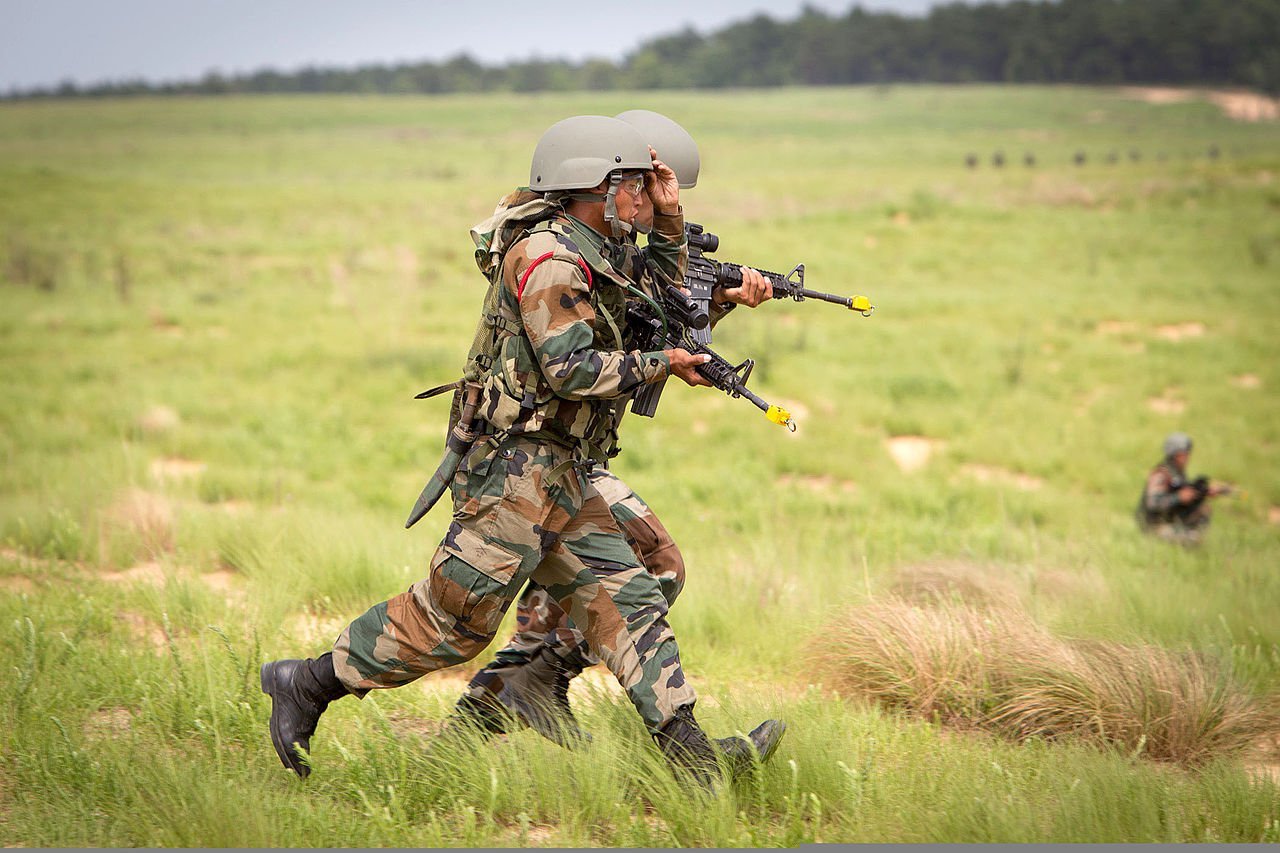
Whatever be the case, the viral videos did reveal that life for a soldier is anything but easy, uncensored. To get an understanding of a soldier’s life during the duty, ScoopWhoop News spoke to a CRPF soldier (whose identity has been concealed) about the life, food, living conditions, accountability and grievance mechanism in the forces.
Excerpts from the conversation
What is a soldier’s day really like?
Essentially, a soldier is on duty 24X7. There are no Sundays, no festival holidays etc. A soldier’s day begins at 6 in the morning when he has to attend the roll call for exercise. After 1-2 hours of physical training, it’s the breakfast time and then as per the commands they have to go on duties.
Duties vary and keep on rotating. Some may be required to guard the camp, others might be sent as Road Operating Party (ROP) – which has to secure an area and remain alert for 12 hours. Then there are encounters.
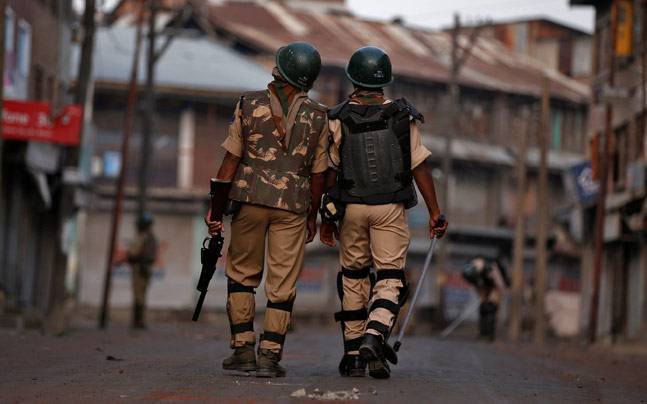
A ROP party has to leave the camp at 6 in the morning for a particular area. They are served breakfast, lunch, tea and other essentials at their location. They have to stand up for 12 hours at a distance from each other. Alert, finger on trigger and eyes open. You can’t sit down. During this time they only get a 5-minute break for toilet and a 10-15 minute break for lunch. He cannot use mobile phone on duty.
If a soldier is in encounter, he has to stay there until the gun battle is over.
Tell us about the food?
It’s unlike home. You have to eat whatever the mess has cooked. Dal and Roti is the main course followed by different vegetables over the week. There’s also non-vegetarian food. In breakfast, you get tea and puri.
What about the taste? Do you complain?
We usually whisper to each other when the taste is bad. Nobody will dare to complain to higher authorities. You get 30 minutes for breakfast or lunch and if you go to complaint you’ll lose that time. Then you have to go hungry entire day.
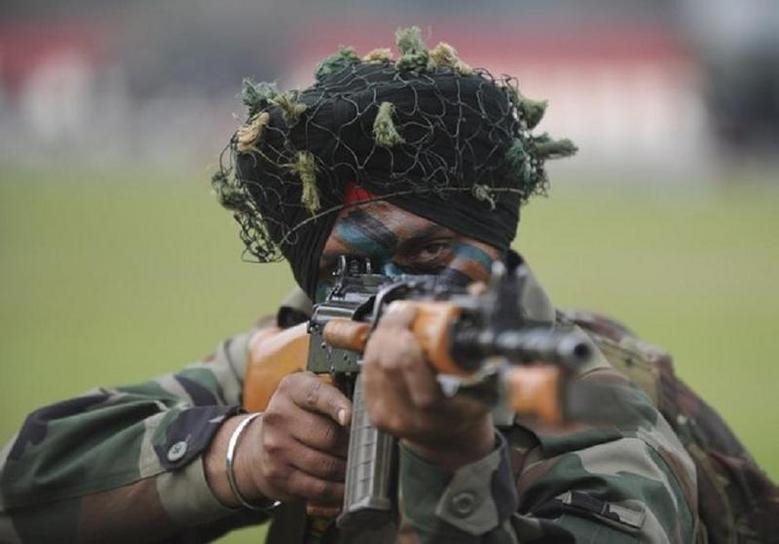
Also, when you are a soldier, saying ‘no’ is considered as indiscipline. If you criticise the food and raise hue and cry over it, it’ll be considered as indiscipline. Many soldiers fear the higher ups might initiate an inquiry against them and give them punishments.
These punishments are like stain on your service record and ultimately there’s no promotion and appraisal.
A jawan sits at the bottom of the hierarchy. It’s not easy.
But isn’t good and tasty food your right?
As per the rules, the quality of food a soldier is eligible to, is excellent. But are those rules always followed? There’s a problem with implementation. There are different filtration of resources before ultimately reaching to a soldier.
Are you saying there’s corruption in the forces?
I’ll answer this with an example. Suppose, a grandfather has to give his grandchildren Rs 100, he gives it to his son and asks him to give it to his own son. But when the father receives Rs 100, he thinks Rs 100 is more than enough for the child, so he keeps 20 and gives Rs 80 to the son. Now if the son has to buy some stuff worth Rs 100, he has to manage it with Rs 80.
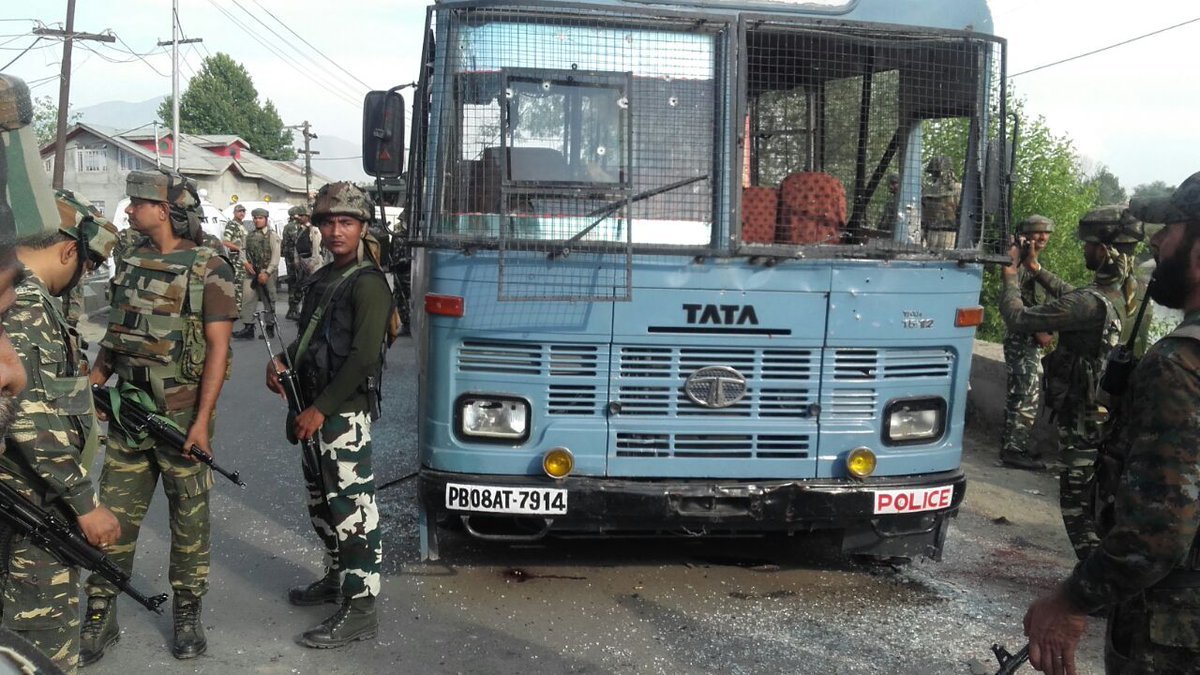
What do you make of the recent videos in which soldiers accused higher authorities of supplying low quality food and unequal pay?
It’s very much true what they have said. But I would like to assert it doesn’t happen everywhere. It depends upon what kind of higher officials a battalion has got.
About the unequal pay and lack of facilities for CRPF and BSF as compared to army, it’s just like a father has two sons but both are treated differently.
For example, there’s no pension policy for soldiers who were recruited after 2005. That’s not the case with army. A soldier gives his entire young age for the country and then you don’t take their care when they are old. Look at the One Rank One Pension issue. Didn’t those guys serve the nation?
MLAs/MPs who do politics in the parliament get tax free salary but a soldier pays tax on his meagre income.
What about the sleep?
A soldier has to sleep in his uniform with his rifle alongside. His shoes should be just next to his bed. A soldier sleeps in installments. If a soldier is posted inside the camp then he’s to be on duty for four hours. After that he’s to sleep for two hours and then get back on another four hour duty shift.
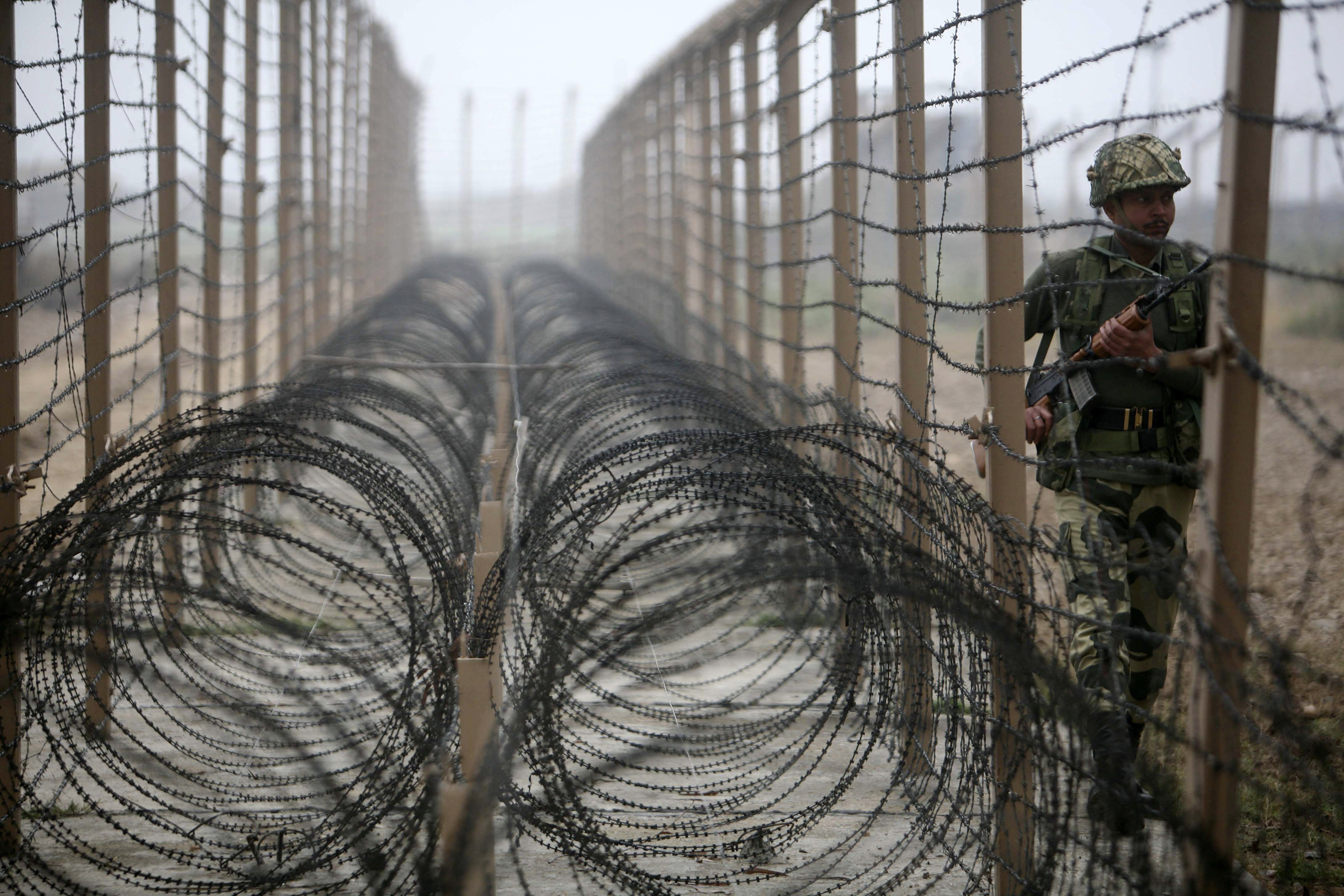
A civilian sleeps 7-8 hours uninterrupted but a soldier sleeps those 8 hours in a two-hour breaks in 24 hours. A soldier is not a robot for whom you’ll set a two-hour alarm.
During training we are taught a two and a half minute drill. As per the drill, a soldier has to wake up at the sound of a siren and get ready. He has to get up, wash himself up, go to toilet, get dressed and join others in two and a half minutes.
Are there avenues for entertainment?
Yes, there’s TV and sports. But who has time for that? After returning from duty, a soldier has to wash his clothes, eat dinner, call his family and then find some rest. Do you expect a soldier to watch TV then?
Most of the soldiers are unaware about the happenings outside. We never listen to news. And it’s us who have to be at the centre of it.
Sometimes, soldiers who have 12-hour duty are given additional tasks of manning the camp boundaries due to the lack of personnel in the battalion.
How easy is it to get a leave?
We are authorised for a two-month leave in a year. But leave is not a right. Whether you’ll go home or not depends on the kind of situation in the area where you are deployed.
I have seen fathers missing the birth of their children. Brothers failing to attend their sister’s marriages and fathers missing marriages of his children. There are times when a soldier’s child is ill and sitting thousands of miles away from his home, he contemplates how will his wife go to a doctor alone and get the child treated.
Does this uncertainty and tiring work lead to stress?
Obviously. In desi (local) language, a soldier is considered as aadha paagal (half-mad). First, the danger to life always looms on your head. Family worries, financial problems, hostile climate and then uncaring higher ups, all add to the problems.
I have seen many soldiers talking to themselves only. There’s no one you can talk to and tell your personal feelings.
And then our countrymen say: ye kya kar rahe hai, duty hi to kar rahe hain (They are doing their duty. It’s their job. What else?)
Note: The identity and other details of the soldier have been withheld on request.

















